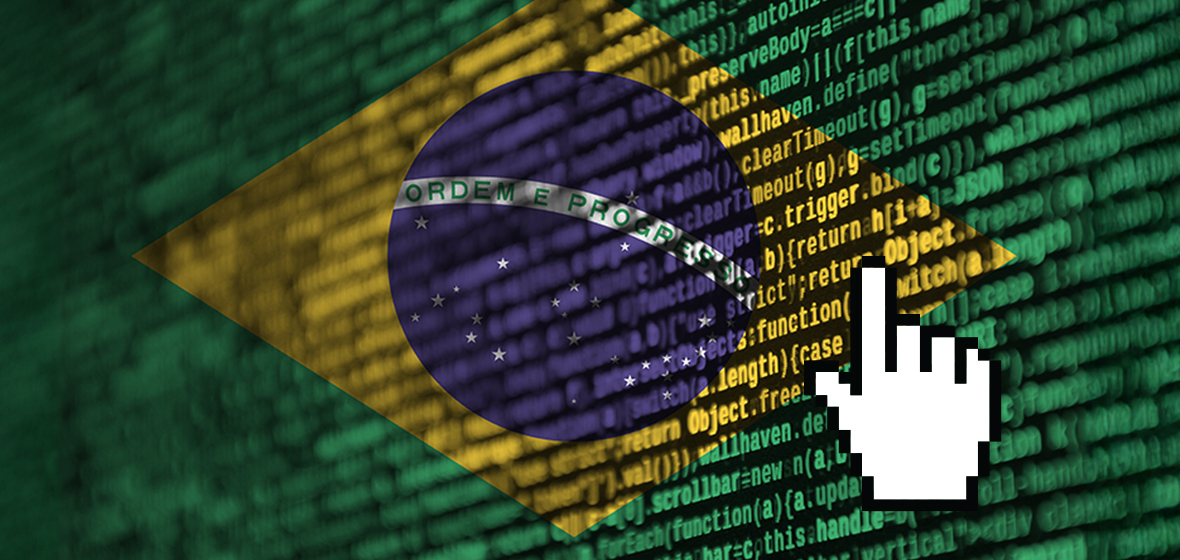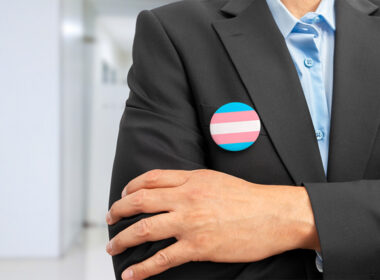For the first time, a democratic government blocked access to a social media platform. For many, this is a blatant abuse of power and an attack on freedom of speech, but others see it as a protection against a platform that has been accused of undermining democracies all over the world by spreading misinformation and divisiveness. As we're heading towards a contentious U.S. election, and with democracy at stake on the Western front, is Brazil taking the right step?
On August 31, Brazil woke up without access to X, still colloquially known as Twitter, the microblogging application Elon Musk bought for AUD$61 billion.
It was a big blow for the 21 million Brazilian users who accessed the application every day, but even more for Musk’s social media website. It has been struggling to attract more advertisers to the platform since the controversial takeover, which saw a not-insignificant portion of users vanish.
It was particularly problematic because of how active Brazilian users of the platform tend to be. Merely anecdotally, anyone who signed in to X in the past two years would think half the population there spoke Portuguese. The term “come to Brazil” became an innocuous joke between users, stemming from the comments of dedicated Brazilian fans on the posts of any celebrity, regardless of their status or level of fame. Brazil amounted only to about six per cent of X’s users, but it felt like half of them.
The ban came as an order from the Brazilian Supreme Court after X refused a request to remove content deemed illegal in the country. Instead of complying with the law, Musk attacked, accusing the South American judge of obstructing freedom of speech.
In 2014, Brazil passed an Internet Bill of Rights that outlines the principles and obligations of users, providers, and other platforms on the web. In Article 2, the law establishes its commitment to freedom of expression, plurality, openness and free enterprise. To secure these principles deemed fundamental, it specifies the situations when there’s liability stemming from content created by third parties – in this case, users on social media platforms. Section III Article 19 clarifies:
“In order to ensure freedom of expression and prevent censorship, the provider of internet applications can only be subject to civil liability for damages resulting from content generated by third parties if, after a specific court order, it does not take any steps to, within the framework of their service and within the time stated in the order, make unavailable the content that was identified as being unlawful, unless otherwise provided by law.”
As per the Brazilian constitution, the issue lies in what constitutes content to be unlawful. Justice Alexandre de Moraes of the Brazilian Supreme Court justified the blocking as a direct result of X’s refusal to remove posts from users investigated for propagating fake news related to the attempted coup of 8 January. According to Moraes, X’s representatives in Brazil were given 24 hours to comply with the law, but instead, Musk closed the country’s offices, effectively having no legal representation.
The spat between Moraes and Musk is not new. Justice Moraes warned Musk back in April of the company’s conduct, prompting a series of posts from Musk,calling the Brazilian a fascist dictator and demanding his impeachment.
In his ruling, the Justice writes: “Freedom of expression is constitutionally enshrined and guided by the idea of LIBERTY AND RESPONSIBILITY. That is, the exercise of this right cannot be used as a protective shield for the practice of illicit activities. Freedom of expression should not be confused with impunity for aggression. Thus, once the exercise of freedom of expression has been criminally distorted, the Federal Constitution and legislation authorise civil and criminal repressive measures, both of a precautionary and definitive nature.”
Musk democracy
This is not the first time Musk’s platform has received requests to remove material from world leaders. In April 2023, X in India removed clips from a BBC documentary critical of Indian Prime Minister Narendra Modi. In September of the same year, the Washington Post called out Musk for blocking accounts critical of Modi at the request of the Indian government. In July 2024, Musk congratulated Modi for becoming the most followed user on the platform.
In May 2023, the online magazine Slate noted how Musk’s platform approved removing content critical of Turkish leader Recep Tayyip Erdoğan in the leadup to the country’s election. At the time, X criticised the Turkish government’s request but ultimately complied with the ruling. In September of the same year, Musk took his youngest son to meet Erdoğan.
When criticised for giving in to the requests of authoritarian rules, Musk tweeted that his definition of free speech matches the country’s law. “I am against censorship that goes far beyond the law”, he posted on his account. “If people want less free speech, they will ask the government to pass laws to that effect. Therefore, going beyond the law is contrary to the will of the people”.
After the Wakeley church stabingin Sydney, eSafety commissioner Julie Inman Grant requested social media platforms remove video of the incident from their platforms, as per Australian law. Xgeoblocked the video, which theeSafety Commissioner deemed insufficient. Musk has been critical of Inman Grant, labelling her a “censorship commissar.”
Order and progress
Central to this controversy is Jair Bolsonaro, the far-right populist leader who ruled Brazil. On X, his supporters organised and spread misinformation that led to the 2023 Congress attack. Before the election, Bolsonaro had met with Musk, who he called a “breath of hope” after Musk’s purchase of the social media platform.
Bolsonaro’s supporters often laud Musk in their rallies. Earlier in the year, Bolsonaro, who is barred from seeking office until 2030, referenced Musk in a speech to his supporters, stating that X aims to set the world free, that Musk “seeks to preserve liberty for us all, who had the courage to show… where our democracy is headed and how much freedom we’ve lost”.
Brazil’s decision to block the platform has prompted mixed responses in other countries. The Washington Post noted in an editorial that the fight against misinformation shouldn’t contradict the principles of freedom of speech. On the other hand, Irish journalist John Naughton wrote in The Guardian how this ban is long overdue since social media technology “was enabling foreign adversaries (as well as internal subversives and criminals) to disseminate disinformation on an industrial scale that could undermine democratic institutions, particularly elections”.
The story is still ongoing. The ban can be reversed if Twitter reopens its offices in the country and complies with the request to block users who break the law. A previous request to ban the use of VPNs so users couldn’t circumvent the ruling was overturned, but other challenges against the platform’s blocking were served in the country’s court.
For now, microblogging alternatives like BlueSky and Threads gained over a million new users overnight. Musk, who recently posted deep fakes of U.S. Presidential candidate Kamala Harris and spread unsubstantiated and disproven conspiracy theories about migrants in Springfield, Ohio, doesn’t show a willingness to fight Brazil’s decision.




